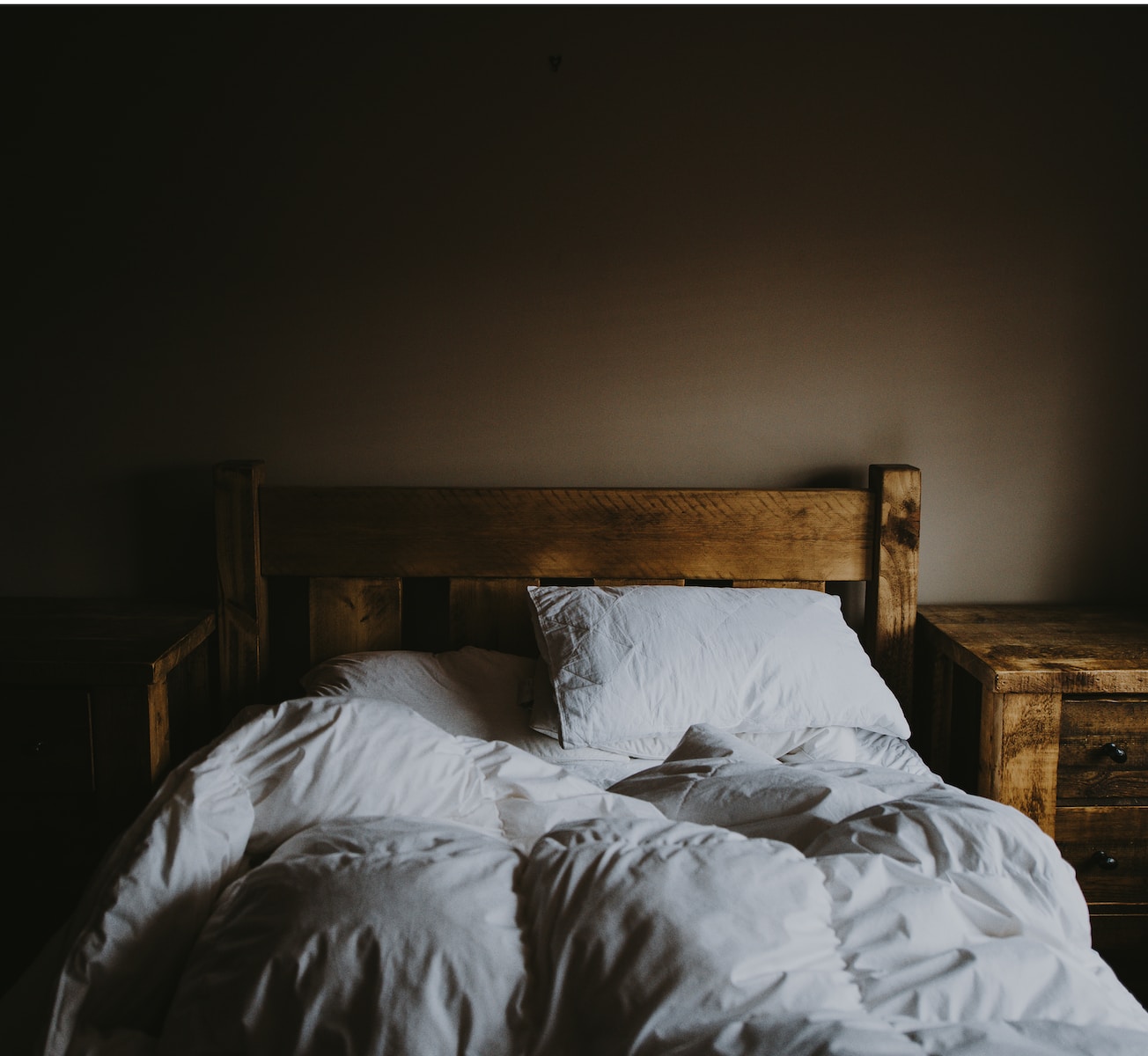Create a Comfortable Sleep Environment
The first step towards better sleep is setting the stage for relaxation. Your bedroom should be a sanctuary of comfort and tranquility. Opt for a comfortable mattress and pillows that provide adequate support for your body. Remember, your bed is where you spend a significant portion of your life, so investing in quality bedding is an investment in your well-being.
Dim the lights to create a calming ambiance. Soft, warm lighting can help signal to your body that it’s time to wind down. Consider blackout curtains to block out any intrusive external light sources.

Stick to a Consistent Sleep Schedule
Our bodies thrive on routines, and your sleep pattern is no exception. Going to bed and waking up at the same time every day, even on weekends, helps regulate your body’s internal clock. This consistency reinforces your sleep-wake cycle, making it easier to fall asleep and wake up naturally.
Avoid the temptation to stay up late on weekends, as this can disrupt your sleep schedule and leave you feeling groggy on Monday morning. Consistency is key to achieving quality sleep.

Limit Exposure to Screens Before Bed
In today’s digital age, it’s tempting to scroll through social media or binge-watch your favorite TV series before bedtime. However, the blue light emitted by screens can interfere with your body’s production of melatonin, a hormone that regulates sleep. This can make it harder to fall asleep and reduce the overall quality of your rest.
To combat this, establish a “digital curfew” at least an hour before bedtime. Use this time to engage in relaxing activities such as reading a book, taking a warm bath, or practicing gentle stretches.

Mind Your Diet and Hydration
What you eat and drink can significantly impact your sleep. Avoid consuming large meals, caffeine, and alcohol close to bedtime. These substances can disrupt your sleep cycle and lead to restlessness during the night.
Instead, opt for a light, balanced snack if you’re hungry before bed. Drinking a soothing herbal tea, such as chamomile or valerian root tea, can also promote relaxation and improve your chances of falling asleep peacefully.

Stay Active, but Not Too Late
Regular physical activity is essential for overall health and can contribute to better sleep. Engaging in regular exercise can help you fall asleep faster and enjoy deeper, more restorative sleep. However, it’s essential to time your workouts wisely.
Avoid vigorous exercise close to bedtime, as it can energize your body and make it harder to wind down. Aim to finish your workouts at least a few hours before bedtime to allow your body to cool down and prepare for sleep.
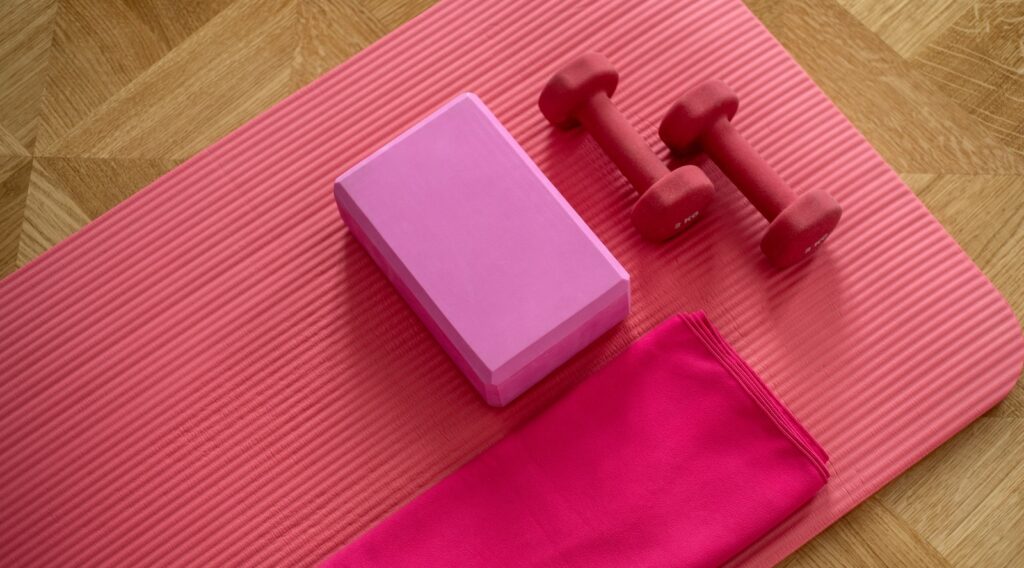
Practice Relaxation Techniques
Stress and anxiety can be major barriers to a good night’s sleep. Learning relaxation techniques can help calm your mind and prepare your body for rest. Consider incorporating practices such as deep breathing, meditation, or progressive muscle relaxation into your nightly routine.
If racing thoughts keep you up at night, try jotting down your worries in a journal before bed. This can help you clear your mind and reduce anxiety.
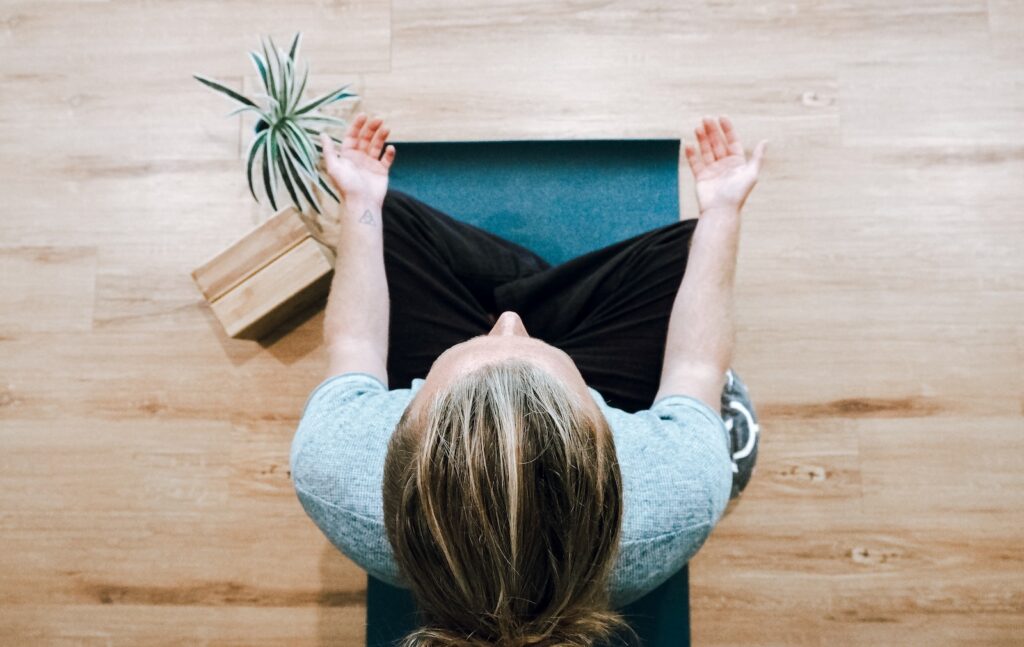
Keep Your Bedroom Cool and Well-Ventilated
The temperature of your bedroom plays a crucial role in your sleep quality. A room that’s too hot or too cold can lead to discomfort and wakefulness during the night. The ideal bedroom temperature is typically between 60 and 67 degrees Fahrenheit (15-20 degrees Celsius).
Ensure your bedroom is well-ventilated to maintain fresh air circulation. A fan or air purifier can help achieve this, contributing to a comfortable and sleep-conducive environment.
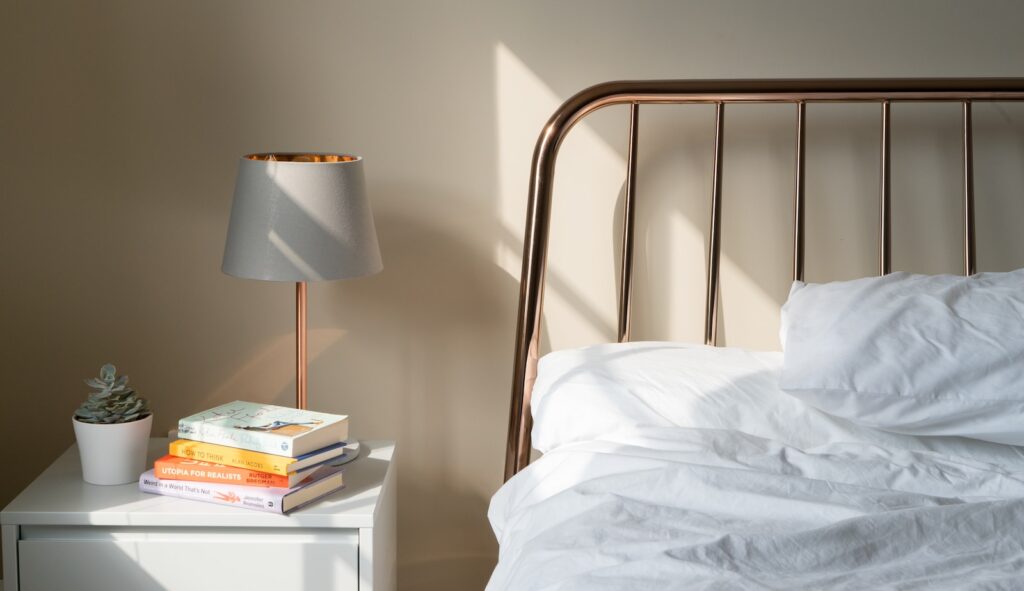
Limit Naps During the Day
While short power naps can be rejuvenating, long or irregular daytime naps can disrupt your nighttime sleep. If you find yourself needing to nap during the day, limit them to 20-30 minutes and avoid napping too close to bedtime.
If you consistently struggle with daytime sleepiness, it may be worth discussing with a healthcare professional, as it could be a sign of an underlying sleep disorder.

Invest in a Comfortable Sleepwear
The right sleep attire can make a significant difference in your comfort and sleep quality. Choose loose-fitting, breathable pajamas made from natural materials like cotton. Avoid clothing that’s too tight or constricting, as it can hinder your ability to relax and sleep soundly.
Additionally, keep your feet warm if you’re prone to feeling cold during the night. Cold extremities can disrupt your sleep, so consider wearing socks to bed if necessary.
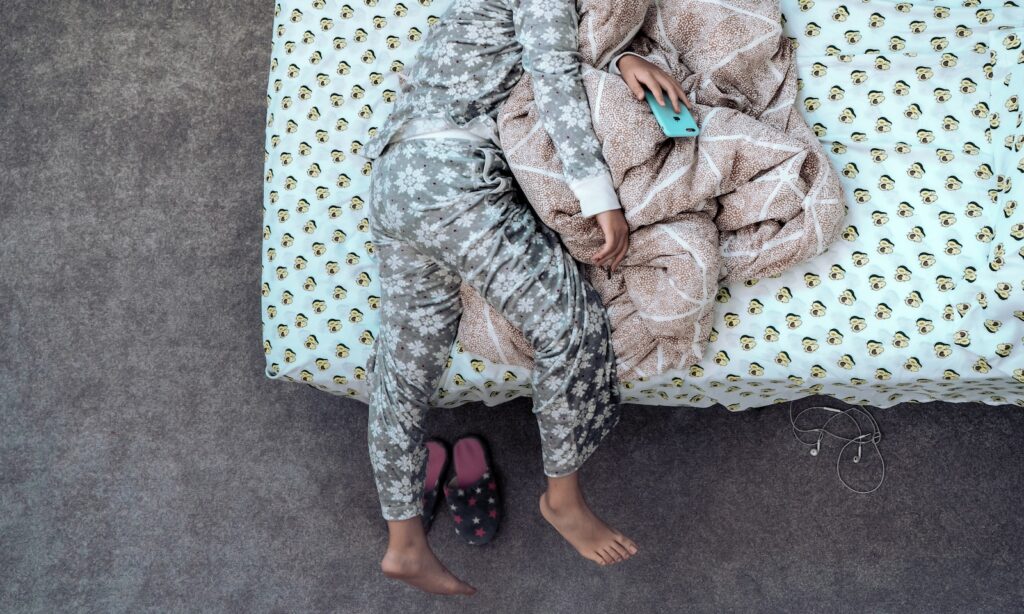
Seek Professional Help if Needed
If you’ve tried these sleep hygiene tips and continue to struggle with sleep issues such as insomnia, snoring, or sleep apnea, it’s crucial to consult a healthcare professional. These conditions can have a significant impact on your overall health and well-being, and treatment options are available to help you get the rest you need.
Don’t suffer in silence. Seeking help from a sleep specialist or healthcare provider can be a game-changer in your quest for better sleep.

Incorporating these ten sleep hygiene tips into your daily routine can make a world of difference in your sleep quality and overall well-being. Remember, achieving restful sleep is a journey that requires commitment and consistency. By creating a comfortable sleep environment, sticking to a consistent sleep schedule, and adopting healthy sleep habits, you can reclaim your nights and enjoy the sweet dreams you deserve.
Embrace these tips, and you’ll soon find yourself waking up refreshed and ready to face each day with renewed energy. Say goodbye to sleepless nights and hello to the restorative power of a good night’s sleep. Sweet dreams await you!
